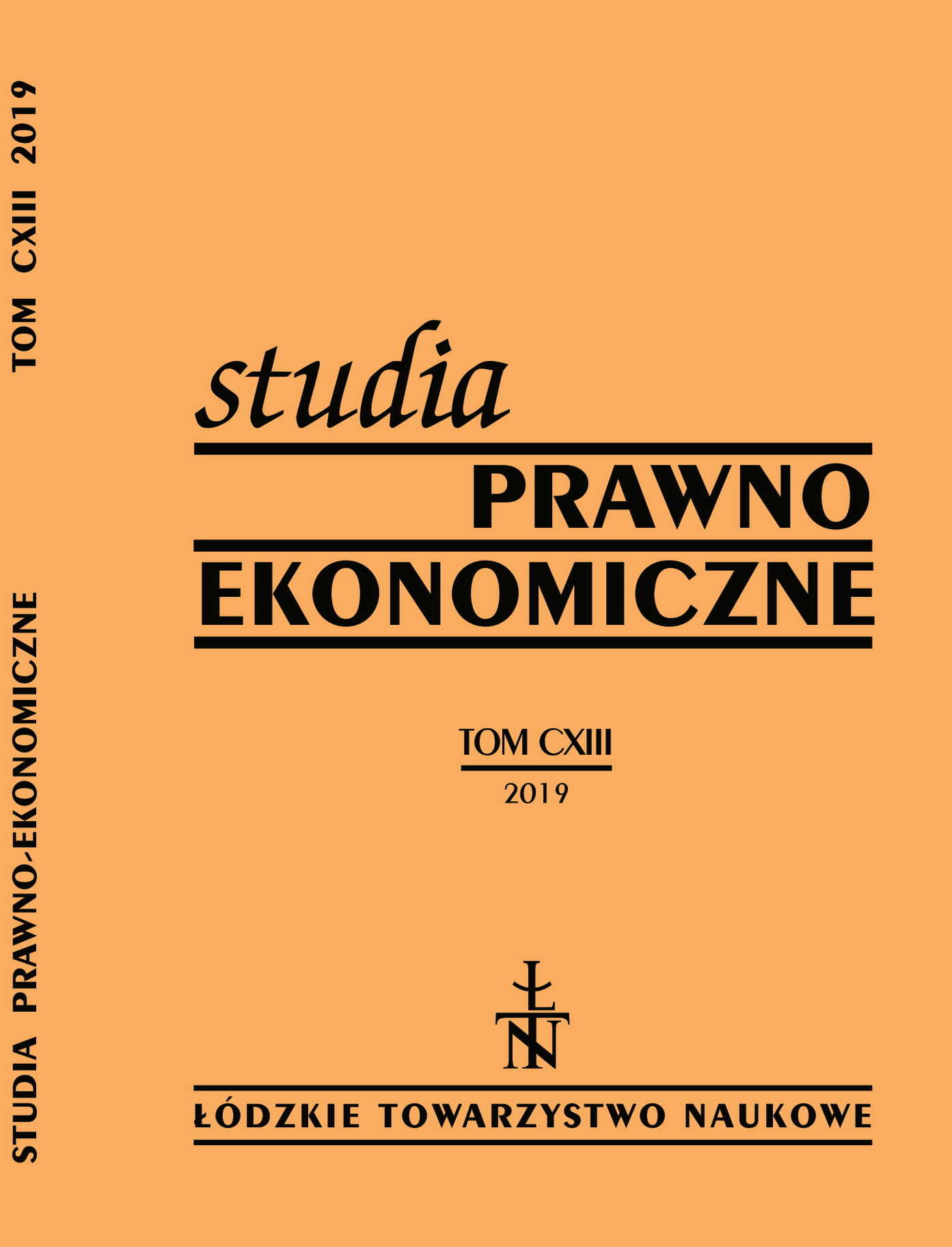Pełne i produktywne zatrudnienie – miraż czy realny cel? Kilka uwag w kontekście zmiany technologicznej
Full and productive employment – an illusion or a real goal? A few comments in the context of technological change
---
Author(s): Barbara SurdykowskaSubject(s): Civil Law, Law on Economics
Published by: Łódzkie Towarzystwo Naukowe
Keywords: artificial intelligence; future of the labour market; unemployment
Summary/Abstract: Background: The subject of analysis is the impact of technological change on the future of work. The Author refers to analyses contained in the literature regarding the impact of artificial intelligence, among others, on the world of work. Particular attention is given to the issue of potential technological unemployment. The technological change will lead to polarization of the labour market through the disappearance of jobs for people with medium qualifications and people with average earnings. Research purpose: The aim of the study is to investigate the challenges in the area of remuneration that the process of technological change will bring, the need to increase the level of lifelong learning, investigate the challenges in the area of remuneration that the process of technological change will bring, the need to increase the level of lifelong learning, or increase the intensification of work (by automating repetitive tasks). Methods: The paper is based mostly on the analysis of literature in the field of sociology and labour economics. Conclusions: The outlined perspective of technological unemployment requires an extension of the classical debate which is taking place in the environment of Polish scientists dealing with labour law and social security law. First, we lack extensive analysis of the concept of basic income. The second area which should be included in the debate concerns a wide spectrum of issues related to ‘work-sharing’. In the current socio-economic realities, when work is largely a basic factor in building people-to-people contacts, in achieving a sense of fulfillment or self-fulfillment by individuals, when there exists structural lack of work, work should be more evenly distributed. It seems that labour law must be transformed into the law of the “Transition period”, as a set of regulations regarding the transition period related to technological change or climate change. These would be regulations focused on labour market participants acquiring and, most importantly, maintaining ability to work and other socially useful activities.
Journal: Studia Prawno-Ekonomiczne
- Issue Year: 2019
- Issue No: 113
- Page Range: 155-168
- Page Count: 14
- Language: Polish

